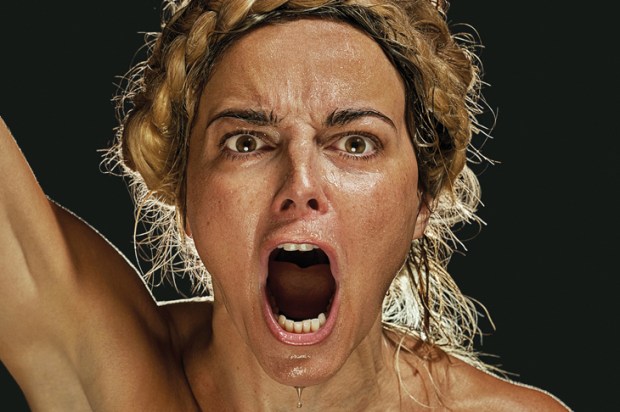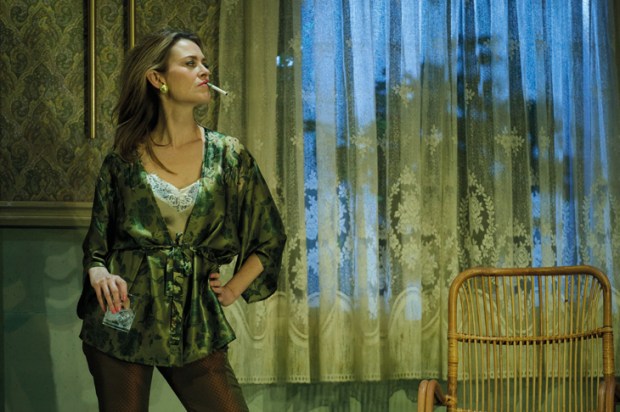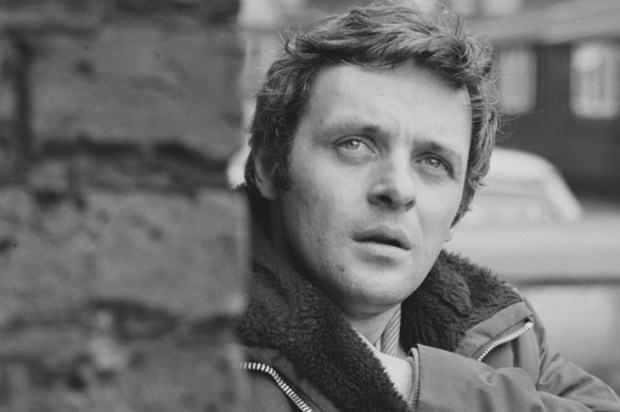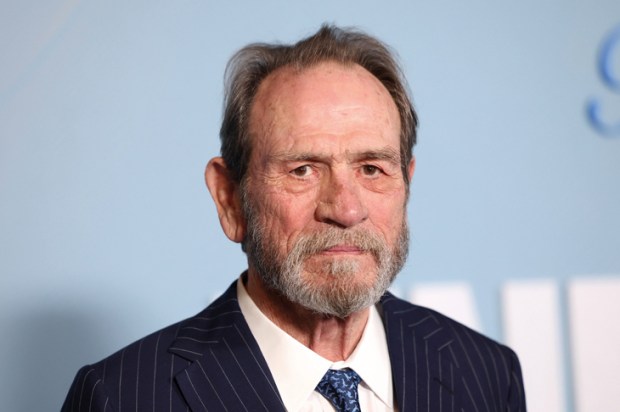Is it a necessary declension, the descent from histrionic splendour to self-parody and worse?
For years now Ryan Murphy has been making his Feud series which presents famous figures from the legendary past – Bette Davis and Joan Crawford impersonated by Susan Sarandon and Jessica Lange, various 1950’s eminences from George Cukor to Rock Hudson impersonated by people who have no resemblance to them, visually let alone vocally.
Already a subscriber? Log in
Subscribe for just $2 a week
Try a month of The Spectator Australia absolutely free and without commitment. Not only that but – if you choose to continue – you’ll pay just $2 a week for your first year.
- Unlimited access to spectator.com.au and app
- The weekly edition on the Spectator Australia app
- Spectator podcasts and newsletters
- Full access to spectator.co.uk
Or
Unlock this article
You might disagree with half of it, but you’ll enjoy reading all of it. Try your first month for free, then just $2 a week for the remainder of your first year.














Comments
Don't miss out
Join the conversation with other Spectator Australia readers. Subscribe to leave a comment.
SUBSCRIBEAlready a subscriber? Log in